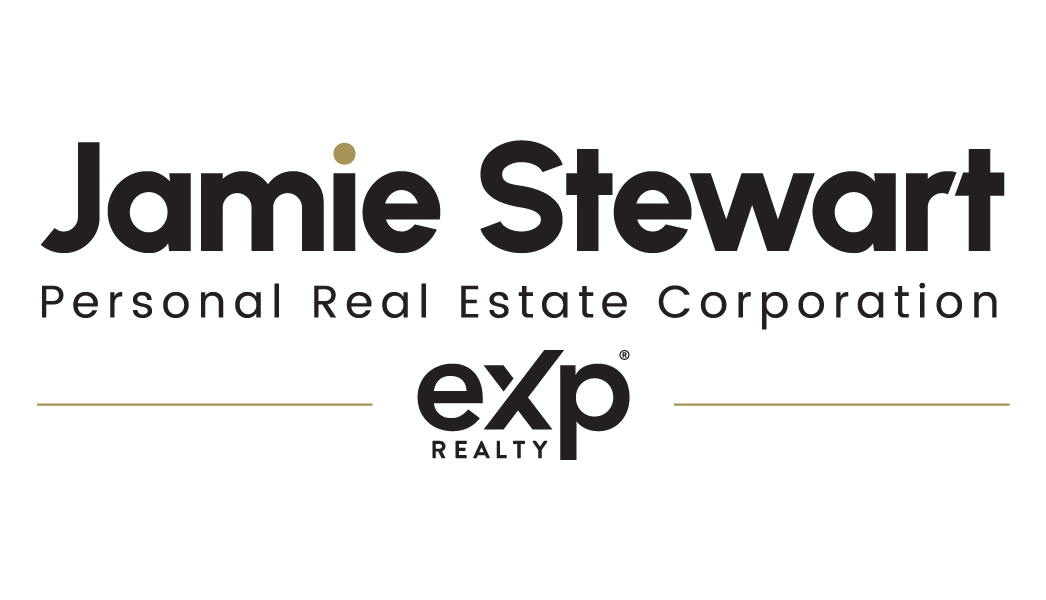Renting vs Owning
Are you ready to make your move from renting to owning?
If you’re renting, you may dream about owning a home of your own – a place to furnish and decorate as you like... to set down roots... to enjoy a great neighbourhood, and to entertain friends and family. But you may be uncertain whether you’re ready to make your move from renting to buying, especially if you haven’t started saving. Fortunately, with today’s low mortgage rates and more flexible down payment requirements, your first home may already be within your reach.
You may have many reasons for wanting to own your own home. You may be getting married, leaving your parent’s home, moving to a new job, or having children. You may want to establish yourself in a neighbourhood where you will feel at home. You may want a secure permanent place for you and your family. Whatever your reason, owning your home can also be a good investment.
The long-term investment value of a home remains very good
There’s also a sound financial reason to buy a home. Your home may be the single biggest investment you’ll ever make, one that could pay off significantly in the long run.
Consider this: the value of the average Canadian home has been steadily increasing. So the earlier you can redirect the money you currently pay in rent into paying down a mortgage the faster you’’ start building equity in your home.
Does the increase in value represent a good investment? The answer is yes, because housing is typically a stable investment, offering good rates of return. Low inflation and low interest rates, demographics and immigration are all factors supporting the belief that a home will continue to be a good long-term investment, at least in most parts of Canada.
Perhaps more than ever, location is the key factor driving price increases. In a strong housing market, homes in particularly desirable areas are more likely to see above-average price increases. In weak housing markets, these homes tend to retain their value better.
Although no one can predict where prices will be 25 years from now, the average price of a home in Canada has risen substantially in the past 25 years, making a home investment one of the best investments available today.
Get a tax break
There's a tax advantage to purchasing a home. When you sell your principal residence for more than you paid for it, the increase in value, known as capital gains, is yours tax-free. So if, for example, your home sells for 25% more than you paid for it, it's money in your pocket, rather than the government's.
At the end of the day, one of the biggest considerations isn't the market, mortgage rates or investment value, but rather your desire to enjoy the comfort and privacy of owning your own home. In other words, the best time to stop renting and start owning is when you are ready.
Frequently asked questions about buying a home
"How do I know how big a mortgage I will qualify for?"
A pre-approved mortgage is a great way to know how much you can borrow for your home. This, in turn, helps you set a price that's realistic for your financial situation. It's important to note that having your mortgage pre-approved doesn't obligate you to buy a home: it's simply away to know how much your mortgage lender will approve you for. Make an appointment with your bank or with a mortgage broker to get started.
"I want to become a homeowner as quickly as possible but I haven't saved a large down payment. Any suggestions?"
You'll be glad to know there are different options available, depending on how much of a down payment you can afford. A low down payment mortgage is required when your down payment is less than 20%. You can purchase a home with as little as 5%down. All low down payment mortgages require mortgage default insurance. Mortgage default insurance premiums can either be paid up front or added to the amount you borrow.
With the federal government's Home Buyers' Plan, you can use up to $25,000 in RRSP savings ($50,000 for a couple) to help pay for your down payment on your first home. You then have 15 years to repay your RRSP.
"Where can I find up-to-date information on home prices and the real estate market in my area?"
The Multiple Listing Service (MLS) offers an easy way to browse through home listings in every part of Canada. Easy links let you look at the housing market in specific cities by neighbourhood, price range, type of home and other parameters. It's a great way to get a sense for the types of homes available in your community and their features and price ranges. Visit www.mls.ca
The Canadian Real Estate Association (CREA) website helps you look at average home prices in communities across Canada and locate a realtor in your area. The site also includes useful home-buying tips and a glossary of common real estate terms. Go to www.crea.ca
The Canadian Mortgage and Housing Corporation (CMHC) provide a content-rich website with detailed, step-by-step information on buying, selling and renovating a home, as well as up-to-the-minute news of interest to homebuyers and sellers. Visit www.cmhc.ca and click on "Buying or Renting a Home".
RBC Royal Bank" provides detailed information on mortgage options and first-time home buying at http://www.rbcroyalbank.com/mortgages/first_time_home_buyers.html






